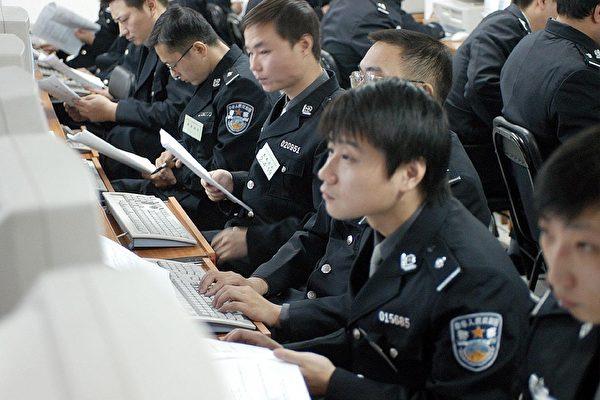An executive from Lite-On Technology, a Taiwanese consumer electronics manufacturer, recently said that the company is moving some production to Taiwan from China, after some of its U.S. clients expressed concerns over cyberespionage risks.
Lite-On, whose customers include Dell EMC (a subsidiary of Dell), Hewlett-Packard, and IBM, is investing about NT$10 billion (US$324 million) to build a new plant in Kaohsiung, a major industrial city in southwestern Taiwan, according to a March 8 article in Japanese media Nikkei Asian Review.





